Gender in the Economy - Fellows
The Gender in the Economy program, supported by the Bill and Melinda Gates Foundation, offered three dissertation fellowships in each of three years for doctoral students in economics working on issues related to aspects of gender in the economy. Research could focus on developing or developed economies, be historical, or provide a combination. The 2021-22 and 2023-24 topics included victimization and violence against women, household finance, women’s roles in health and education, gender and the labor market, economic development and female labor force participation, and women- and child-centered policies. In 2022-23 the theme was “Gender Convergences and Social Norms.” Below are the winners of the dissertation fellowship competition for 2023-24, 2022-23 and for 2021-22.
2023-24 Fellows
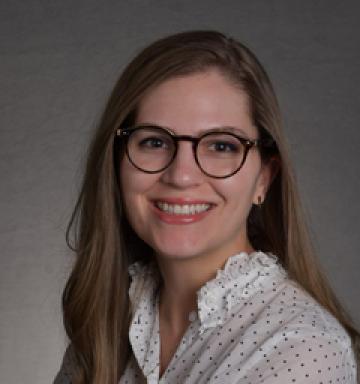
As both labor market minorities and workers of the "second shift," women tend to face a unique set of constraints and choices in labor markets. Motivated by this, Savannah Noray will work on several projects broadly related to female labor supply. The first (joint with Kadeem Noray) studies how differences in communication styles between groups (e.g. men and women) may lead to employment segregation. The second (joint with Rafa Proenca) unpacks how women's desire for flexible work may conflict with their skill sets. The third aims to understand how domestic task content mediates market labor supply. The fourth studies how women's access to contraception impacts children's human capital in the long-run.
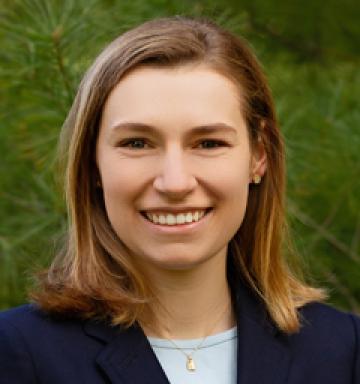
Lindsey Uniat will make progress on her dissertation focusing on the macroeconomic implications of increased female labor force participation and improved gender equality in the labor market in the latter half of the 20th century in the U.S. She aims to combine empirical analysis with a structural model to study whether the improved market allocation of female talent influenced the development and adoption of production technology, and what such a technological change may mean for the labor market, inequality, and economic growth.
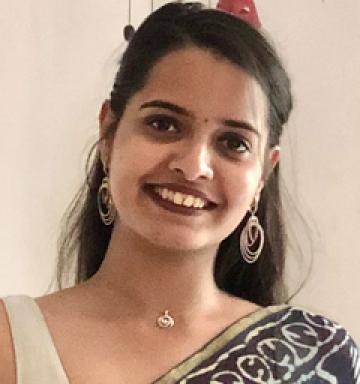
Akanksha Vardani will be working on two projects focusing on land rights and women’s empowerment. For my first project, I will be running a randomized control trial in collaboration with the local government in rural areas of Pune, India, to study the impact of improving residential property rights on female empowerment through measures such as intra-household bargaining power, the incidence of domestic violence and land security. For my second project, I will combine local property tax data for Pune with village-level geospatial data to understand how the gender of the household head and village networks impact tax incidence and compliance.
2022-23 Fellows
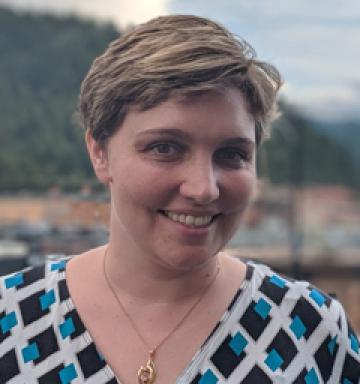
Amy Burnett Cross plans research with the potential to advance knowledge about how military policy affects labor market outcomes for women. Her central hypothesis is that U.S. military policies regarding women and families influence gender gaps in civilian work. She will examine how women serving in combat roles beginning in 2016, and gender desegregation of the Army in 1977, affected women's participation in male-dominated civilian occupations. Cross' research aims to provide evidence that policy can change social norms.
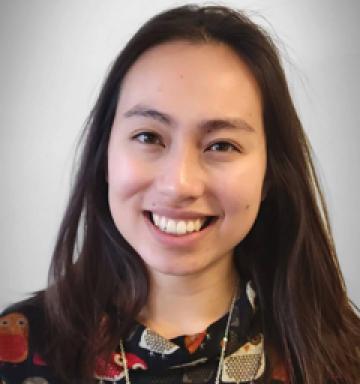
Lisa Ho, together with her co-authors, is conducting a randomized experiment in Kolkata, India to address two research questions: (1) How valuable are job attributes such as flexibility in location, hours, and multitasking in increasing female labor force participation?, and (2) What are the impacts on women of starting part-time, at-home work, and to what degree can this work act as a stepping stone to full-time or outside-the-home employment? The research design offers an array of short-term, internet-mediated jobs and estimates the impact of flexible job attributes on women’s labor supply. Next, the jobs are implemented and effects on the household, including those related to household roles and future work, are assessed.
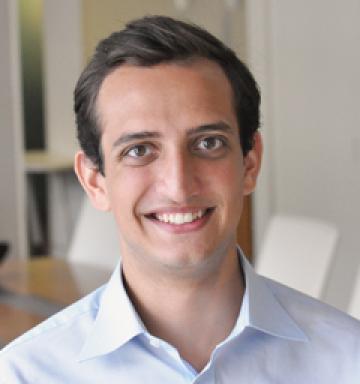
Dev Patel will make progress on two projects studying the roots of gender inequality. In the first, he uses a natural experiment in India to examine the interplay between gender norms and the institutions underpinning them. Studying the dynamic impact of a historical shock to economic institutions on women’s outcomes, Patel asks the extent to which more equitable norms can persist in the absence of the original formal structures. In the second, he studies the contribution of marriage markets to the gender pay gap to quantify the role of intra-household couple inequity in explaining disparities in the workplace.
2021-22 Fellows
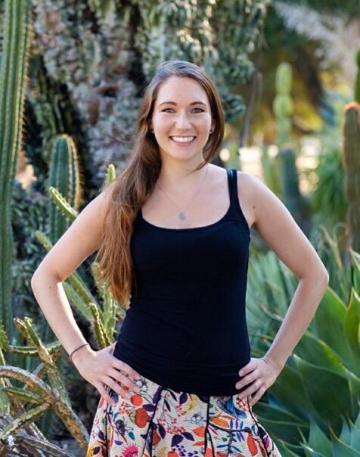
Nina Buchmann plans to study the psychological and social determinants of spousal abuse in Bangladesh. She has designed a novel experiment to distinguish deterrence from punishment motives, to measure the importance of reputation in men’s decisions to abuse their partners, and to learn how these motives vary with income. Understanding the motivations for spousal violence can improve the design of programs to prevent it, an especially important motive in a setting where half of married women are the victims of physical or sexual violence at some point during their lives. Buchmann is also collaborating with BRAC to study the impacts of a new intervention to reduce gender-based violence.
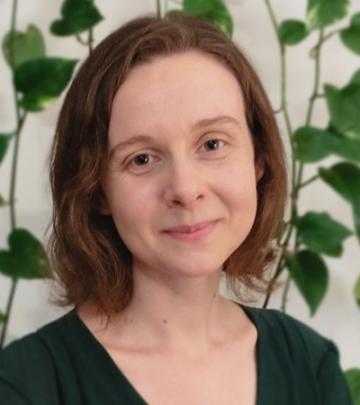
Valerie Michelman (University of Chicago) will make progress towards two projects during her fellowship. In the first (coauthored with Lucy Msall), she examines the impact of FDA regulations against including women of childbearing potential in early-stage clinical trials from 1977 to 1993. Using a model of firm decisions under different FDA policy regimes, Michelman shows that this prohibition increases the cost of developing drugs targeting women, thus reducing the development of drugs with a high expected female market share. In a second project, Michelman exploits two forms of equal pay policies for teachers introduced in the 1900s in order to distinguish between gender-specific pay differences and occupational sorting in the gender wage gap for teachers.
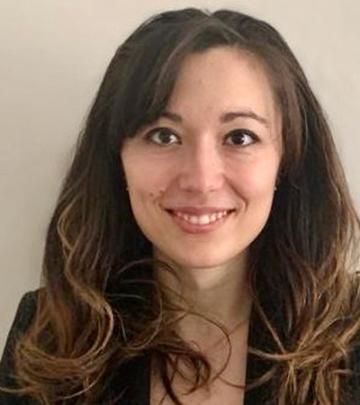
Francesca Truffa (Northwestern University) plans to collaborate with classmate Ashley Wong on several projects that will measure the impact of female peers on economic and entrepreneurial outcomes in both developing and developed countries. One project, with additional co-author Menaka Hampole, will estimate the effect of female MBA classmates on the probability that women attain senior managerial positions in the decade following graduation. A second will examine how the shift from male-only student bodies to co-education affected the type of research produced by US universities. A third project, with additional collaborators Edward Asiedu and Monica Lambon-Quayefio, will use a randomized controlled trial to study the impact of professional networks on female entrepreneurs in Ghana.
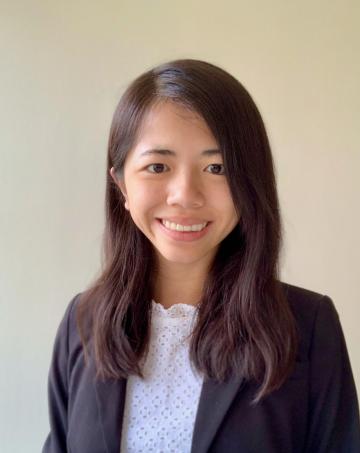
In collaboration with her Northwestern University classmate Francesco Truffa, Ashley Wong plans to carry out several studies of the impact of female peers on economic and entrepreneurial outcomes. The projects will examine both developing and developed countries. One project, with additional co-author Menaka Hampole, will estimate the effect of female MBA classmates on the probability that women attain senior managerial positions in the decade following graduation. A second will examine how the shift from male-only student bodies to co-education affected the type of research produced by US universities. A third project, with additional collaborators Edward Asiedu and Monica Lambon-Quayefio, will use a randomized controlled trial to study the impact of professional networks on female entrepreneurs in Ghana.